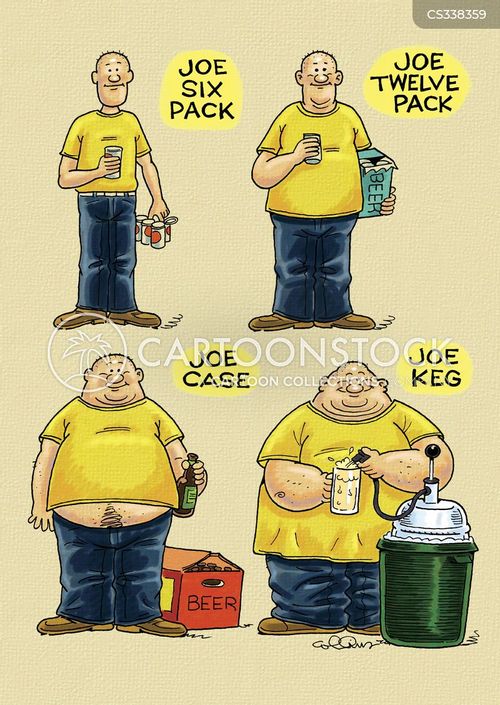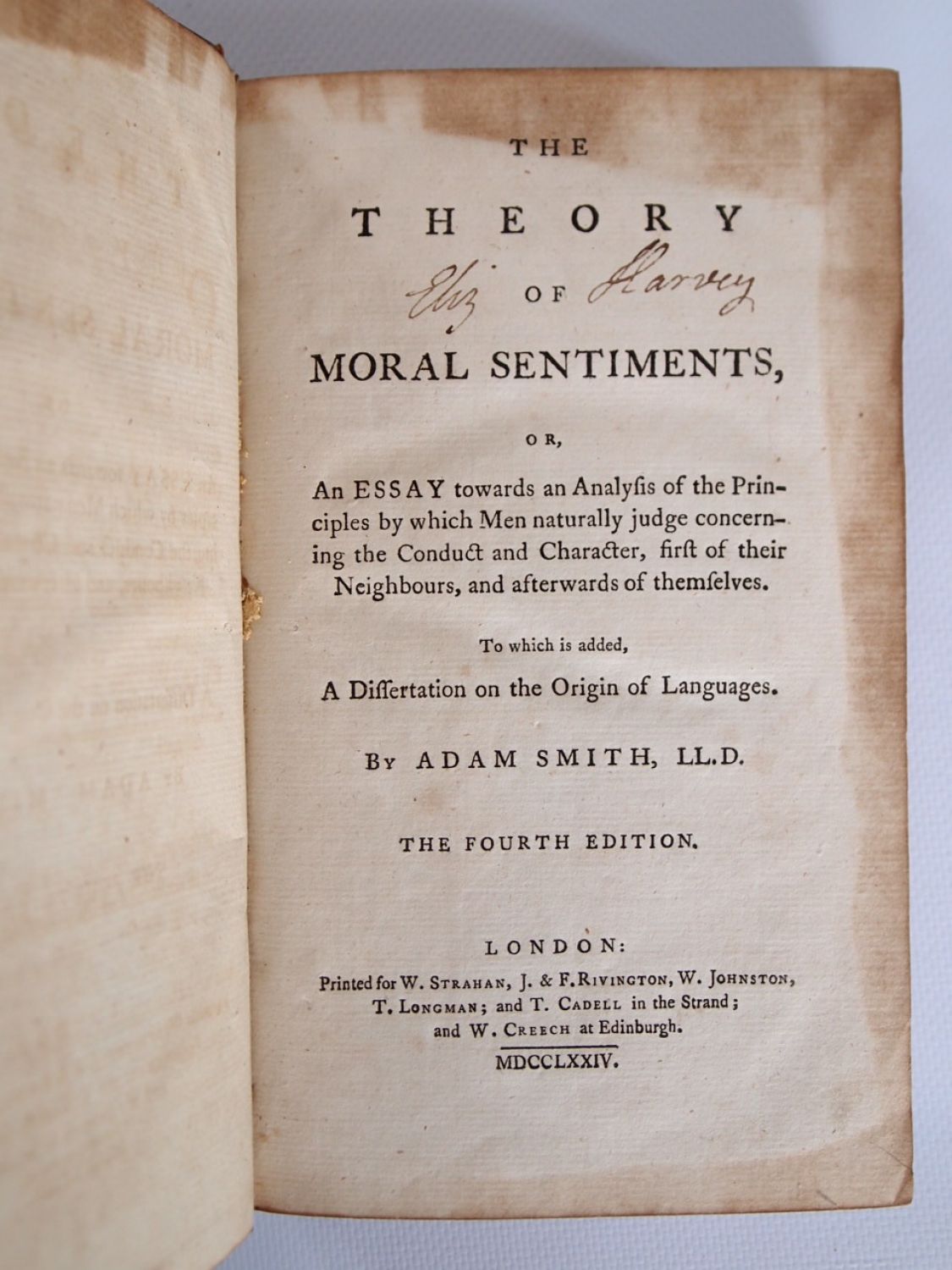Somewhere back in a Poli Sci lecture a beaver scout leader whom the kids called Bullfrog told us when talking about SPSS and crosstabulation tables and a Canadian federal election data set that crashed the VAX we needed to pay attention to Joe Six Pack.



 He definitely wasn't talking about 6-pack abs--I don't think anybody cared about that in those days--except maybe Joe Wieder or Ed Allen.
He definitely wasn't talking about 6-pack abs--I don't think anybody cared about that in those days--except maybe Joe Wieder or Ed Allen.


 We were used to being treated to tidbits of wisdom. Frank MacKinnon, whose father had been a Minister of Agriculture and Lieutenant-Governor of Prince Edward Island, had made a career of writing about posturing, patronage and pork barelling in politics, encouraged all of us to take the Foreign Service Exam, telling us that the key requirement was not academic brilliance but your ability to hold your booze and your predilection for booze, bets and babes. If you got drunk with a sniff of a beer cork (was beer ever corked?), or were easily drunk under the table or talked when you were under the influence it was better to thrown in the towel without taking the exam. Or if your vices made you susceptible to blackmail and corruption--public servants are supposed to do their jobs "beyond fear or favour", or so the Prussian Max Weber said. In Cambridge, where spies are trained as a core competency of the institution, your ability to get dirt on your neighbour and hold it until the right moment for the greatest impact was a definite mark of achievement. Honing that prudence--knowing when to hide and when to show--ensured a place in Whitehall, first or good upper second be damned. There, getting good grades was a bit like kissing your sister--not really necessary, and it didn't count anyway.
We were used to being treated to tidbits of wisdom. Frank MacKinnon, whose father had been a Minister of Agriculture and Lieutenant-Governor of Prince Edward Island, had made a career of writing about posturing, patronage and pork barelling in politics, encouraged all of us to take the Foreign Service Exam, telling us that the key requirement was not academic brilliance but your ability to hold your booze and your predilection for booze, bets and babes. If you got drunk with a sniff of a beer cork (was beer ever corked?), or were easily drunk under the table or talked when you were under the influence it was better to thrown in the towel without taking the exam. Or if your vices made you susceptible to blackmail and corruption--public servants are supposed to do their jobs "beyond fear or favour", or so the Prussian Max Weber said. In Cambridge, where spies are trained as a core competency of the institution, your ability to get dirt on your neighbour and hold it until the right moment for the greatest impact was a definite mark of achievement. Honing that prudence--knowing when to hide and when to show--ensured a place in Whitehall, first or good upper second be damned. There, getting good grades was a bit like kissing your sister--not really necessary, and it didn't count anyway.

 Back in Oxford, the Professor of Jurisprudence, who was deeply involved in negotiating the peace during the Troubles in Northern Ireland, told us to think about the judging done by a legal mind as capturing the sentiments of the man on the top of the clapham omnibus.
Back in Oxford, the Professor of Jurisprudence, who was deeply involved in negotiating the peace during the Troubles in Northern Ireland, told us to think about the judging done by a legal mind as capturing the sentiments of the man on the top of the clapham omnibus.


 This imaginary person was apparently a close cousin of that person in Adam Smith's Theory of Moral Sentiments with whom one could "trade places in the imagination", and seemed to wield the power of the invisible hand.
This imaginary person was apparently a close cousin of that person in Adam Smith's Theory of Moral Sentiments with whom one could "trade places in the imagination", and seemed to wield the power of the invisible hand.


Somehow the wisdom of the man on the top of the Clapham omnibus was distilled in H.L.A. Hart's minimum content theory of natural law, which was a cleaned up form of Hobbes and Mandeville--fear of violent death, limited altruism, reason subject to imbecility.


 When it was too difficult for us to grasp the concept the man on the top of the omnibus, we were told to turn to the American law of torts--Palsgraf v. Long Island Railway Co--and the reasonable man (of ordinary prudence) test. Poor Mrs. Palsgraf couldn't possibly have known that there would be a dynamite explosion on the train platform, and so the railway was liable for damages to her.
When it was too difficult for us to grasp the concept the man on the top of the omnibus, we were told to turn to the American law of torts--Palsgraf v. Long Island Railway Co--and the reasonable man (of ordinary prudence) test. Poor Mrs. Palsgraf couldn't possibly have known that there would be a dynamite explosion on the train platform, and so the railway was liable for damages to her.

 When I first heard of Mrs. Palsgraf I sat between two "mature students" in the University of Calgary Law School (who were only interested in my notes), the proverbial thorn between two roses. My elders said the idea of a reasonable man was a contradiction in terms, and that the concept of a cave man contained a fatal redundancy. Both became lawyers. One late became a judge. The other married a letter carrier with the power to deliver. And deliver he did. I am godfather to the product of that delivery. But there are worse things. I am still working on the reasonable man.
When I first heard of Mrs. Palsgraf I sat between two "mature students" in the University of Calgary Law School (who were only interested in my notes), the proverbial thorn between two roses. My elders said the idea of a reasonable man was a contradiction in terms, and that the concept of a cave man contained a fatal redundancy. Both became lawyers. One late became a judge. The other married a letter carrier with the power to deliver. And deliver he did. I am godfather to the product of that delivery. But there are worse things. I am still working on the reasonable man.













Somehow the wisdom of the man on the top of the Clapham omnibus was distilled in H.L.A. Hart's minimum content theory of natural law, which was a cleaned up form of Hobbes and Mandeville--fear of violent death, limited altruism, reason subject to imbecility.




Comments
Post a Comment